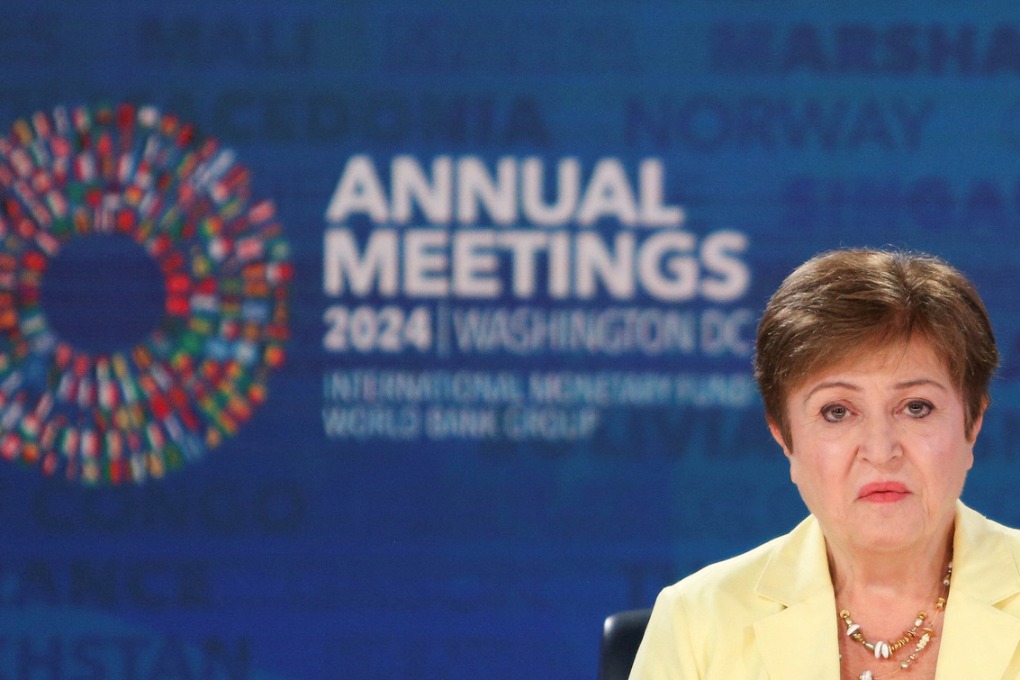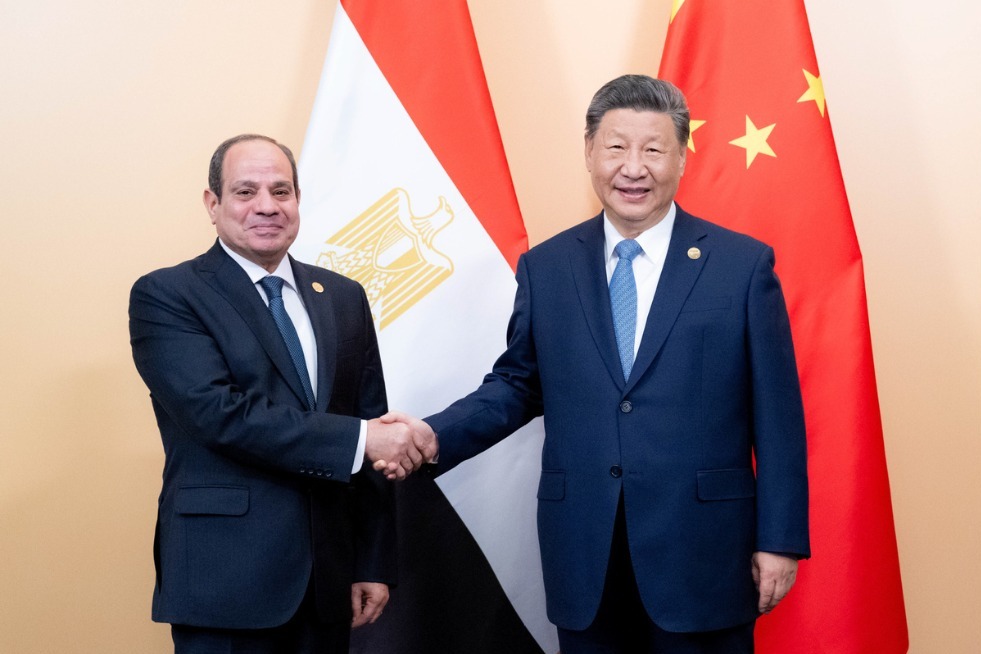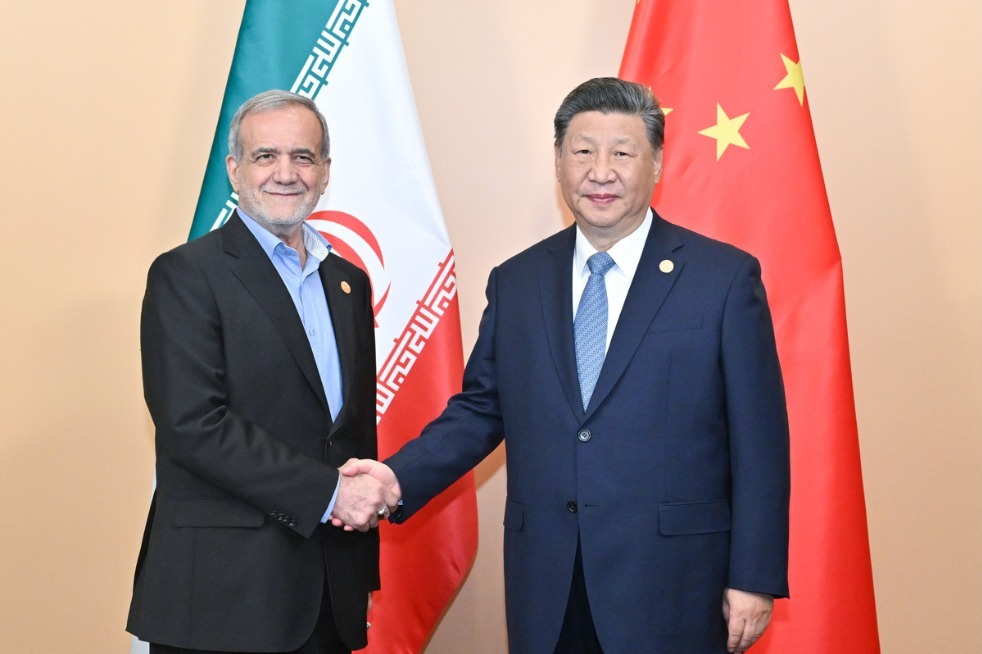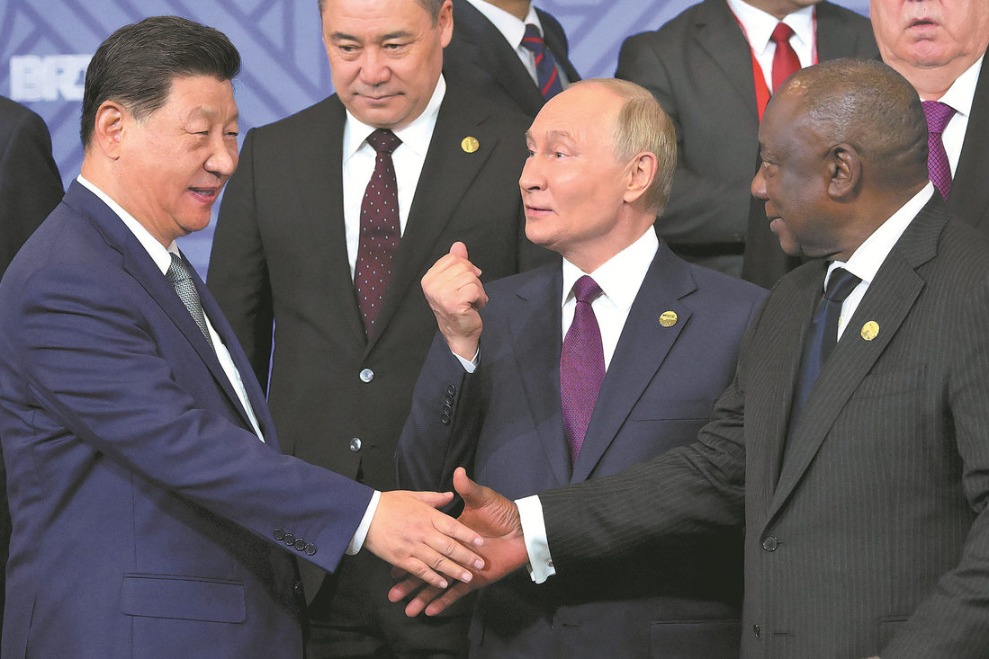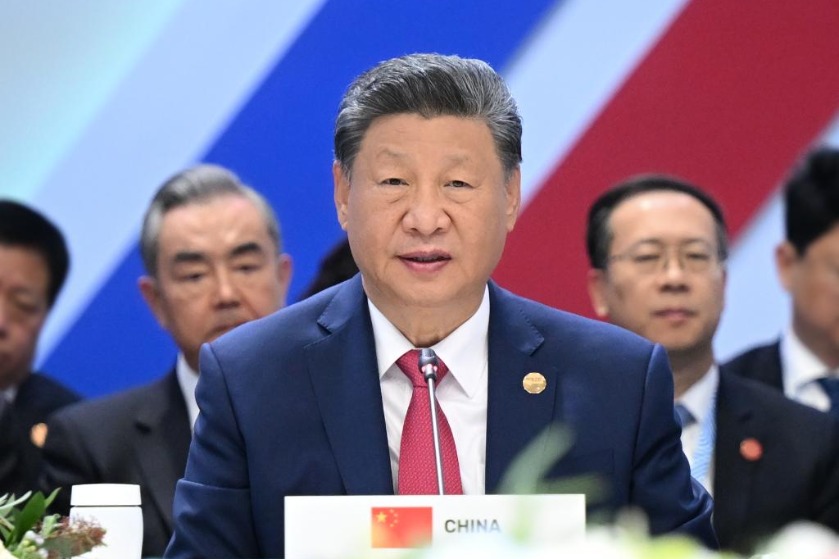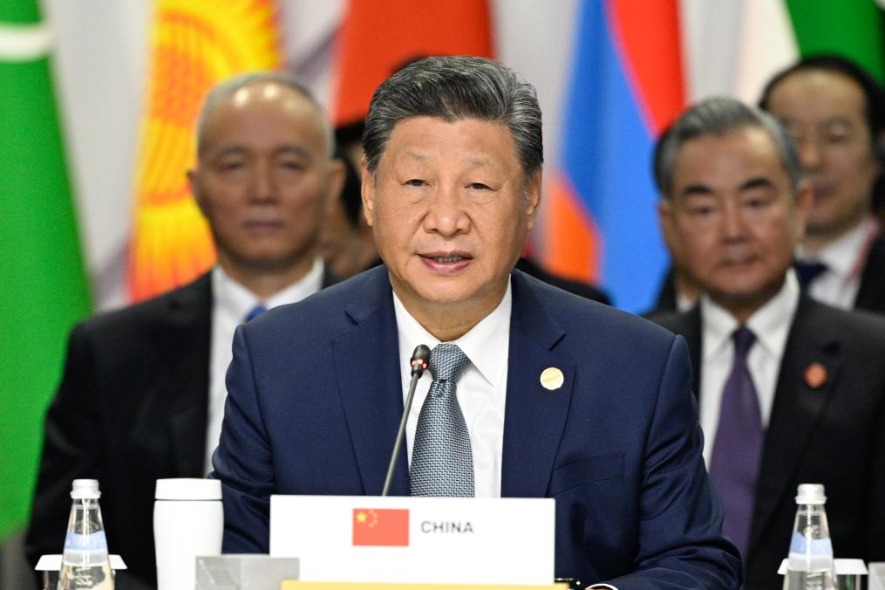Claims of Sri Lanka 'debt trap' dismissed

Fabrications won't help nation, say experts pointing to need for solid help
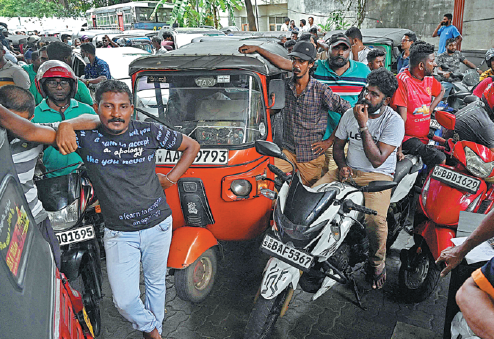
Persistent claims in Western media that Sri Lanka is falling into a "Chinese debt trap" fly in the face of the facts, say analysts who stress the need for the crisis-hit country to receive concrete assistance as lawmakers lay down a path for a return to stability.
The alleged "debt trap" is a deliberate fabrication, according to Bernard Goonetilleke, chairman of the Pathfinder Foundation, a Sri Lankan think tank.
Sri Lanka's debt to China represents around 10 percent of its total external debt, he said. "One has to examine carefully to determine which other countries and financial institutions have provided the remainder," he said.
Goonetilleke, a former Sri Lankan ambassador to China, said the country's problems stem from "Sri Lanka living beyond its means, by bridging budget deficits by external loans over the past two decades, for which interested parties try to make China the scapegoat".
Goonetilleke's comments came after the speaker of Sri Lanka's Parliament on Monday said the leaders of political parties had agreed to a vote in the legislature on July 20 for a new president.
Speaker Mahinda Yapa Abeywardena said in a statement that following a meeting with all the party leaders it was decided to convene on Friday a parliamentary session in which the presidency would be declared vacant. Nominations will be called on July 19.
Amid the deepening financial and humanitarian crisis, Prime Minister Ranil Wickremesinghe declared the island nation bankrupt on July 5.
Sri Lankan President Gotabaya Rajapaksa on Monday confirmed that he would step down from the presidency on Wednesday.
Commenting on the country's economic difficulties, Goonetilleke said foreign debt is a serious issue. "The general reference is Sri Lanka owes foreign lenders around $51 billion."
According to statistics from Sri Lanka's Department of External Resources, the government's total outstanding external debt had hit $35.1 billion by the end of April 2021. China accounts for less than 10 percent of the nation's external debt. Japan accounts for a similar percentage to China, while the Asian Development Bank and the World Bank provided 13 percent and 9 percent, respectively. Some 47 percent of the debt comes from market borrowings, the department's figures show.
Massive blow
Goonetilleke said the pandemic and the subsequent lockdown dealt a massive blow to the economy.
Lawrence Loh, director of the Centre for Governance and Sustainability at the National University of Singapore Business School, said: "There have been fundamental mishaps over the years in how the overall economic governance has been conducted. This obviously affected the country's ability to service all its debts, including supranational and bilateral obligations."
Rajiv Biswas, an Asia-Pacific chief economist at S&P Global Market Intelligence, said Sri Lanka's foreign exchange reserves have "fallen sharply in the past two years, from $7.6 billion in January 2020 to $1.6 billion by April 2022".
"One factor has been the high costs of repayments for the nation's external debt," Biswas said. "Second, surging world oil prices since mid-2021 have also sharply increased the foreign exchange costs of paying for oil imports."
He said Sri Lanka's foreign exchange problems have been "compounded by the collapse of international tourism during the COVID-19 pandemic".
Although tourist arrivals improved in the first half of this year, Biswas said the economic crisis made it difficult for Sri Lanka to continue rebuilding the vital sector.
Remittance inflows from Sri Lankan workers abroad slumped 53 percent year-on-year from January to May, adding to Sri Lanka's difficulties, Biswas said.
Loh said: "The foreign debt problem of Sri Lanka is probably more nuanced than definitive in nature-we have to get to the root of understanding how and why the borrowings were made."
The Singaporean academic said Sri Lanka, to be fair, has made developmental progress through its tapping of overseas funds-and "there is a difference between a tap and trap".
In fact, projects under the China-proposed Belt and Road Initiative, including the Colombo Port City and Hambantota Port infrastructure, have become known as Sri Lanka's key economic drivers.
Chinese Foreign Ministry spokesman Wang Wenbin said on Monday that China hopes that people from all walks of life in Sri Lanka can work together to overcome difficulties and realize social stability, economic recovery and improved livelihoods for the people as soon as possible.
In June, another Foreign Ministry spokesman, Zhao Lijian, said China would provide emergency assistance worth 500 million yuan ($74.2 million) to Sri Lanka.
Xinhua contributed to this story.
vivienxu@chinadailyapac.com
















